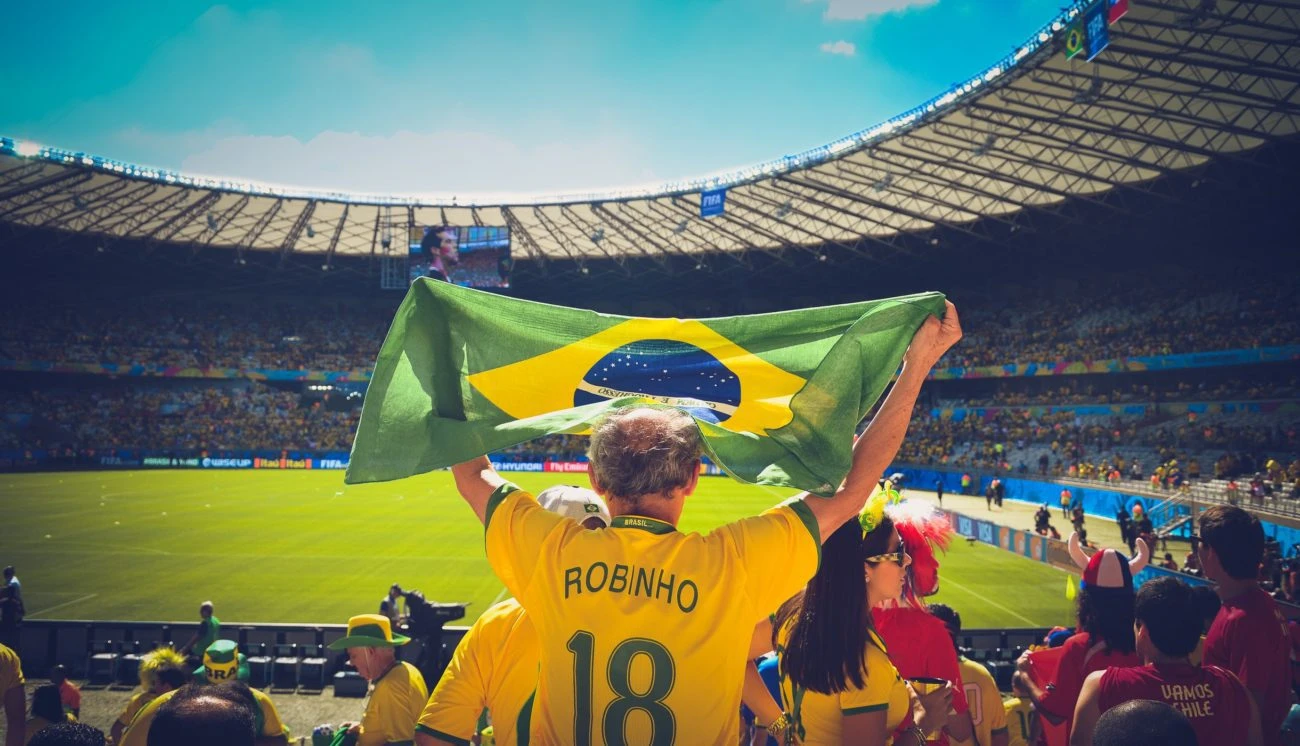Brazil launches consultation on sports betting draft decree

The Brazilian Ministry of the Economy’s Secretariat of Evaluation, Planning, Energy and Lottery (SECAP) has published a draft of the decree governing fixed-odds sports betting for comment, the final opportunity for the betting industry to suggest changes.
The decree sets out exactly how the Brazilian government plans to govern the market, with the Ministry of the Economy (or a competent successor body) to take charge of processing licence applications and enforcing regulations.
After the previous consultation on the proposed regulations attracted 1,849 responses, including over 600 from betting and gaming operators, the new consultation will run for a shorter period. Interested parties will be able to submit comments until 27 September.
It confirms the 1% turnover tax that will be levied on operators, including detailed breakdowns of how this money will be distributed. For land-based operators, 0.15% of turnover will be allocated to social security programmes, and a further 0.1% used to fund public education.
A further 0.1% will go to the National Public Security Force (FNSP), with the remaining 0.65% to be awarded to football clubs that allow their branding and assets to be used to promote sports betting.
For online operators, social security, public education and the FNSP will each receive 0.1% of turnover, with the remaining 0.7% going to the football clubs.
The market will be restricted to those aged 18 and above, with all forms of betting to be account-based to ensure all bettors are of age.
In order to secure a licence, applicants must be able to show they have not been convicted of any criminal, administrative, civil or financial wrongdoing, and provide a certificate showing the business’ financial health. They must also hold a financial reserve of at least R$6m (£1.2m/€1.3m/$1.5m), and declare that they have never operated illegally in any other regulated market.
Executives will also be subject to background checks, with any individual convicted of a crime unable to work for a licensed operator until eight years after their conviction is spent.
While it is not included in the draft decree, a R$3m licence fee has been set, followed by a R$20,000 monthly fee for land-based betting operators. For online-only operators, this rises to R$30,000, and for operators active across both channels to R$45,000.
Licensees will be governed by strict advertising regulations which state that any advertisement must contain warnings – spoken or written where possible – about the dangers of gambling. These warnings must also be carried on any betting slips, and displayed prominently on licensees’ websites.
Advertising must not make false or misleading claims, nor feature minors. Similar to many other regulated markets, it must not encourage irresponsible behaviour, treat gambling as a way to address personal or financial problems, target minors or the vulnerable, or induce customers to bet.
Furthermore, licensees must also develop processes to prevent money laundering and the financing of terrorism. These controls must include in-depth customer checks, as well as tests for sales agents, and a staff training programme. Any suspicious activity, and all payments of R$10,000 or higher, must be flagged with the Central Bank of Brazil’s Financial Intelligence Unit.
Operators that fail to comply with these regulations face sanctions ranging from a warning to the compulsory dissolution of their business. After an initial warning, the Ministry can levy fines of up to 100% of an operator’s gross revenue, and may issue files daily, or double the amount, for repeat offenders.
This will be followed by the seizure of equipment or documentation, then a partial or total suspension, which must be no less than 30 days. Companies that lose their licence will be prohibited from reapplying for up to 10 years.
